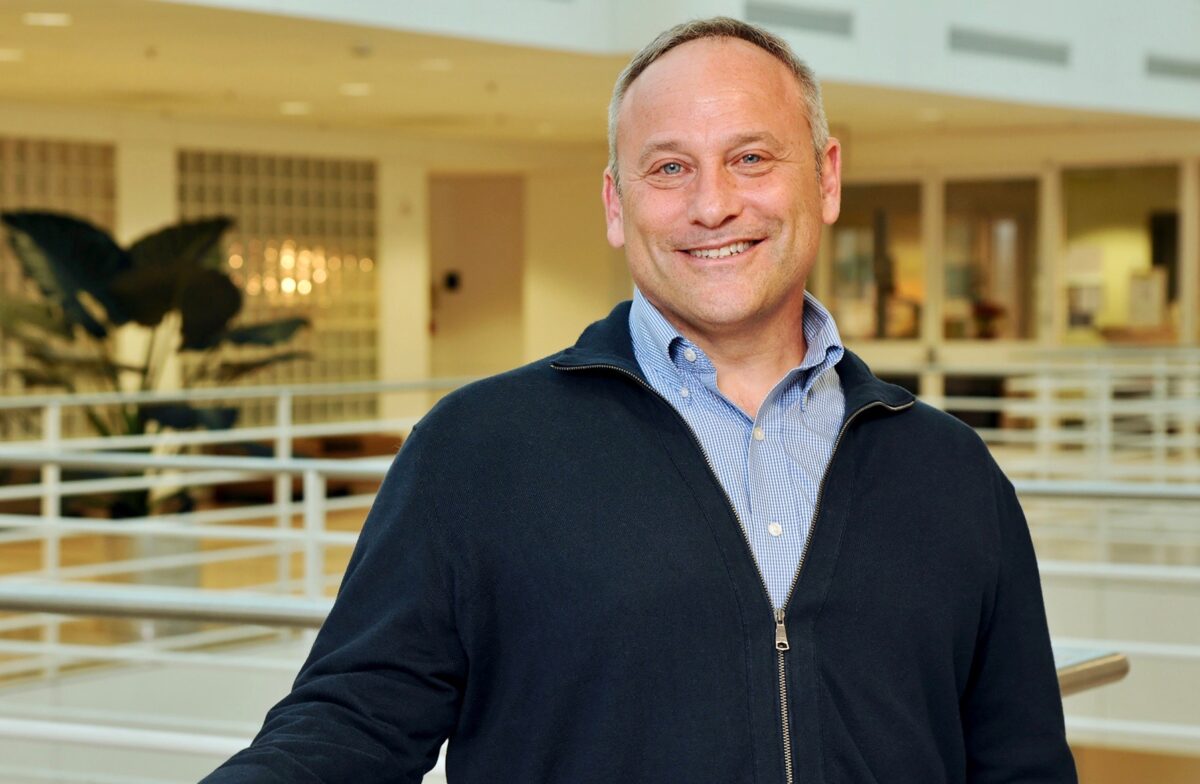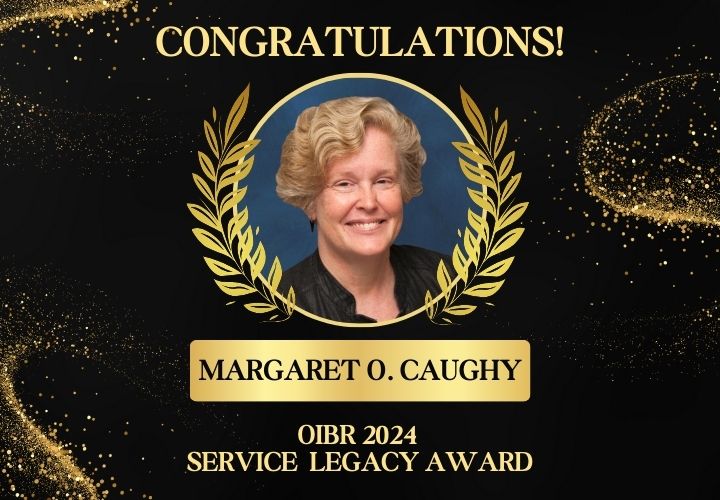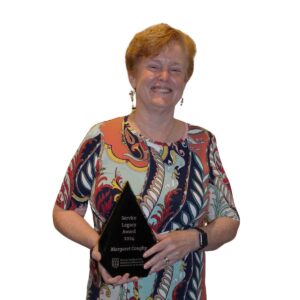
Ron Simons, Ph.D., Regents’ Professor in the department of sociology in the Franklin College of Arts and Sciences at UGA passed away on Monday, March 31, 2025. Simons had a long and fruitful collaboration with the Center for Family Research (CFR) over the years, and is leaving behind a profound legacy through his contributions to the field and support of other scholars’ work. He is survived by his spouse, collaborator, and colleague, Leslie Simons, Ph.D.
CFR’s director, Steven Beach, Ph.D., says, Simons “was a researcher’s researcher. He was fully engaged and enthusiastic about his research questions and never forgot the deep values that informed them.”
Simons started his career at Iowa State University and joined the department of sociology at the University of Georgia in 2002 with one year at Arizona State University in 2013. In over two decades at UGA, he brought in millions of dollars in research grants as a principal or co-investigator and produced over 300 peer-reviewed articles.
His work has made a major contribution to understanding the processes by which social experiences become biologically embedded and influence mental and physical health outcomes. Most recently, Simons turned his focus to how these experiences may contribute to dementia and was principal investigator on the project, “Stress, Weathering, and Blood-Based Biomarkers of Alzheimer’s Disease: A Longitudinal Study of Low Income, Aging African Americans,” funded by the National Institute on Aging.
While his highly cited research has had tremendous impact on medical sociology, understanding family influences on the life course, criminology, and the importance of socio-economic status on lifespan development, his presence on campus has been equally impactful. Man Kit (Karlo) Lei, associate professor in the department of sociology, worked with Simons as both a student, and later, as a colleague.
“Ron was my academic role model and a father-like figure,” he said, adding that Ron used his own life, even while going through multiple rounds of chemotherapy, as a teaching tool. “Until the very end, [Simons] remained committed to his work—studying how social factors shape later life, especially for minority groups…I am incredibly proud to have been his student and colleague.”
In the course of his career, Simons’ work has been lauded by numerous awards. Among them, he was selected as a Fellow in the American Academy for the Advancement of Science in 2023, named a Regents’ Professor at UGA in 2020, and chosen for the Southeastern Conference Faculty Achievement Award in 2019. Upon receiving the SEC award, UGA President Jere Morehead said that Simons “has brought great distinction to the University of Georgia.”
He will be greatly missed.
Written by: David Pollock, Center for Family Research
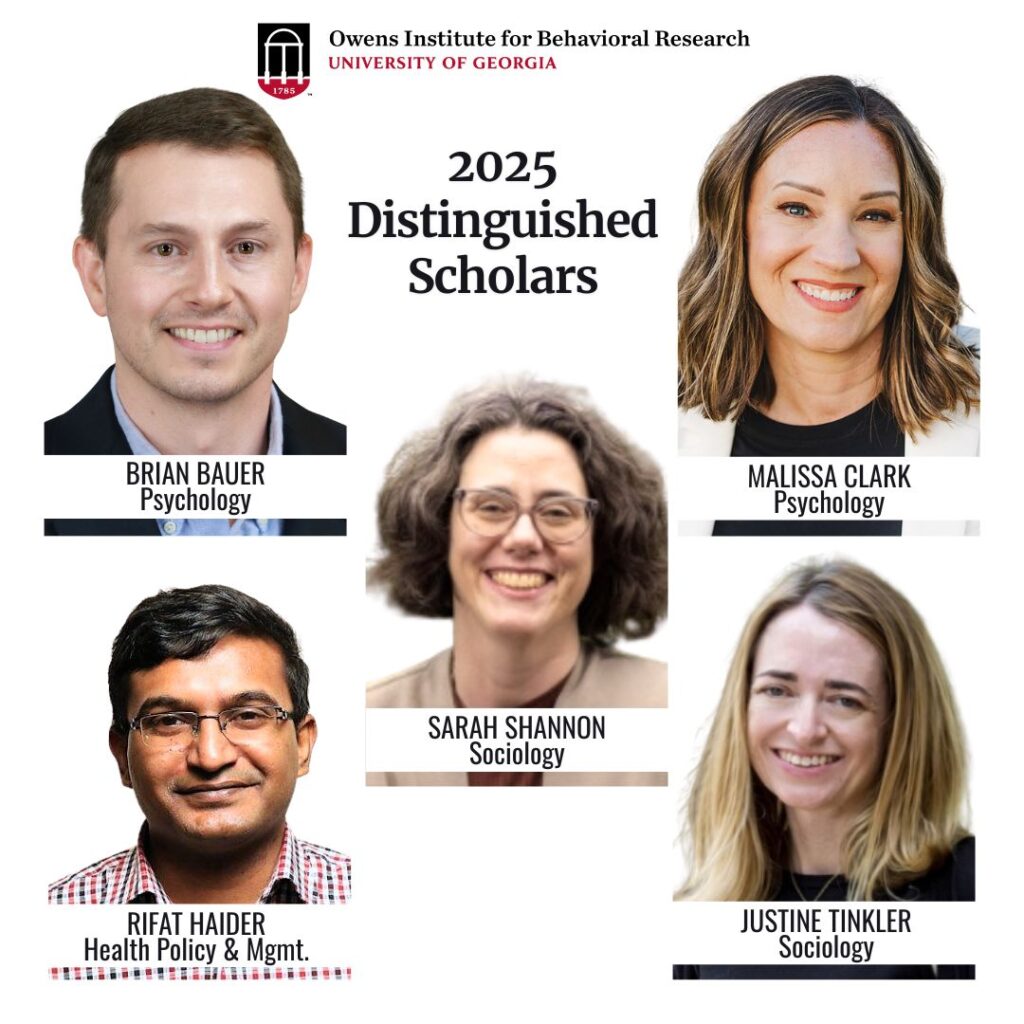 Owens Institute for Behavioral Research Announces 2025 Distinguished Scholars
Owens Institute for Behavioral Research Announces 2025 Distinguished Scholars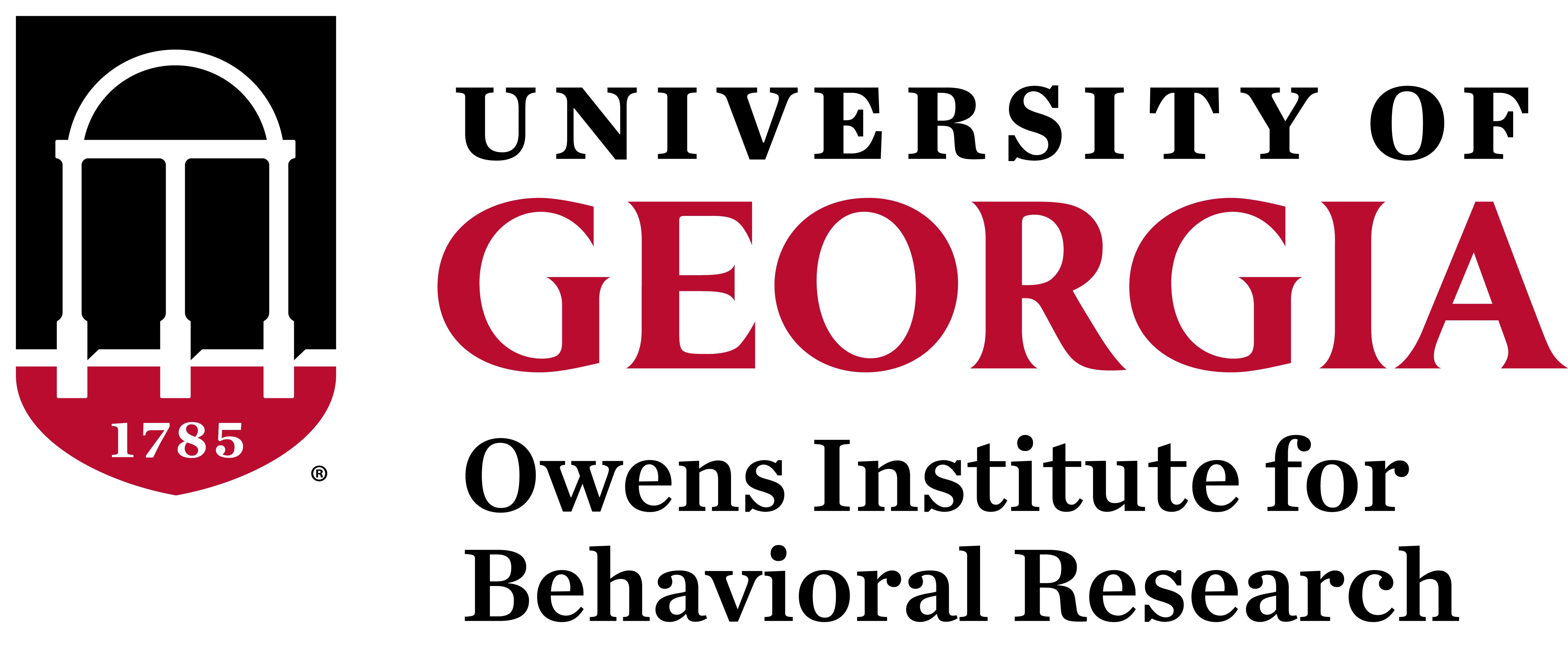
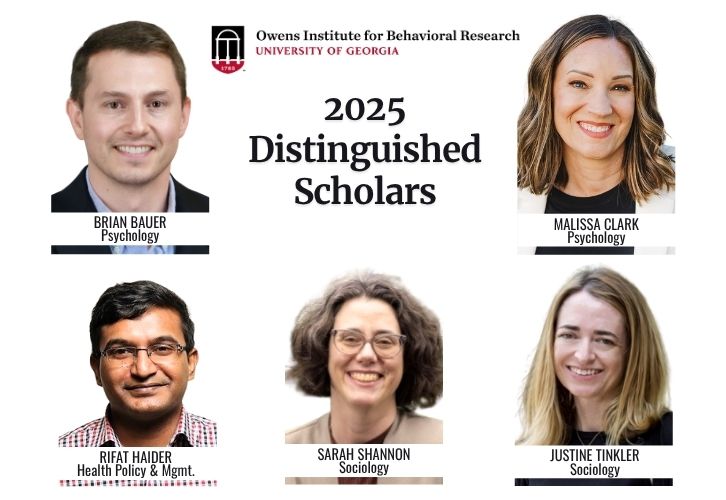
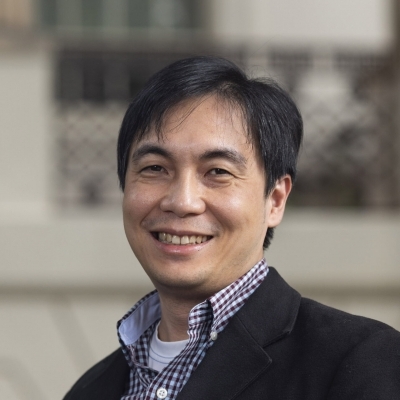
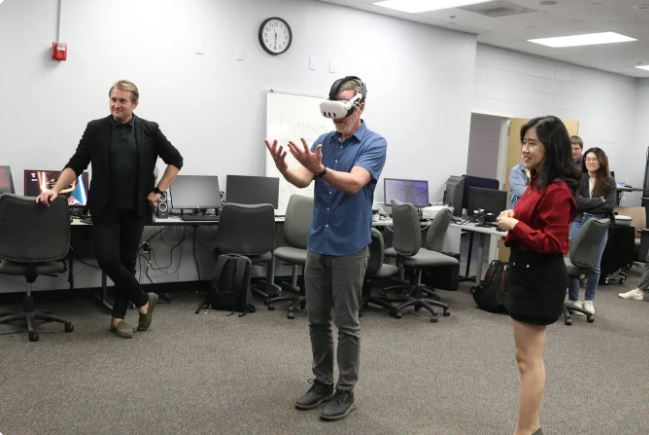

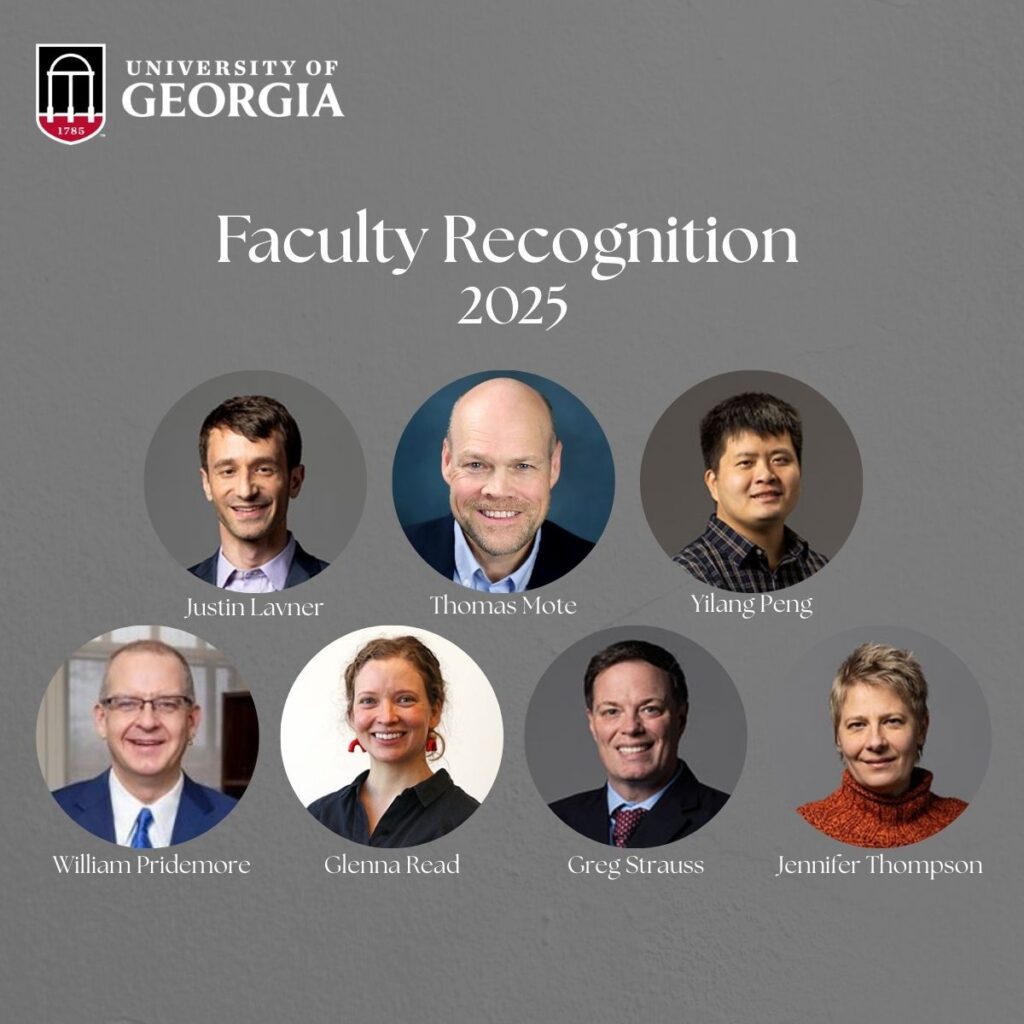


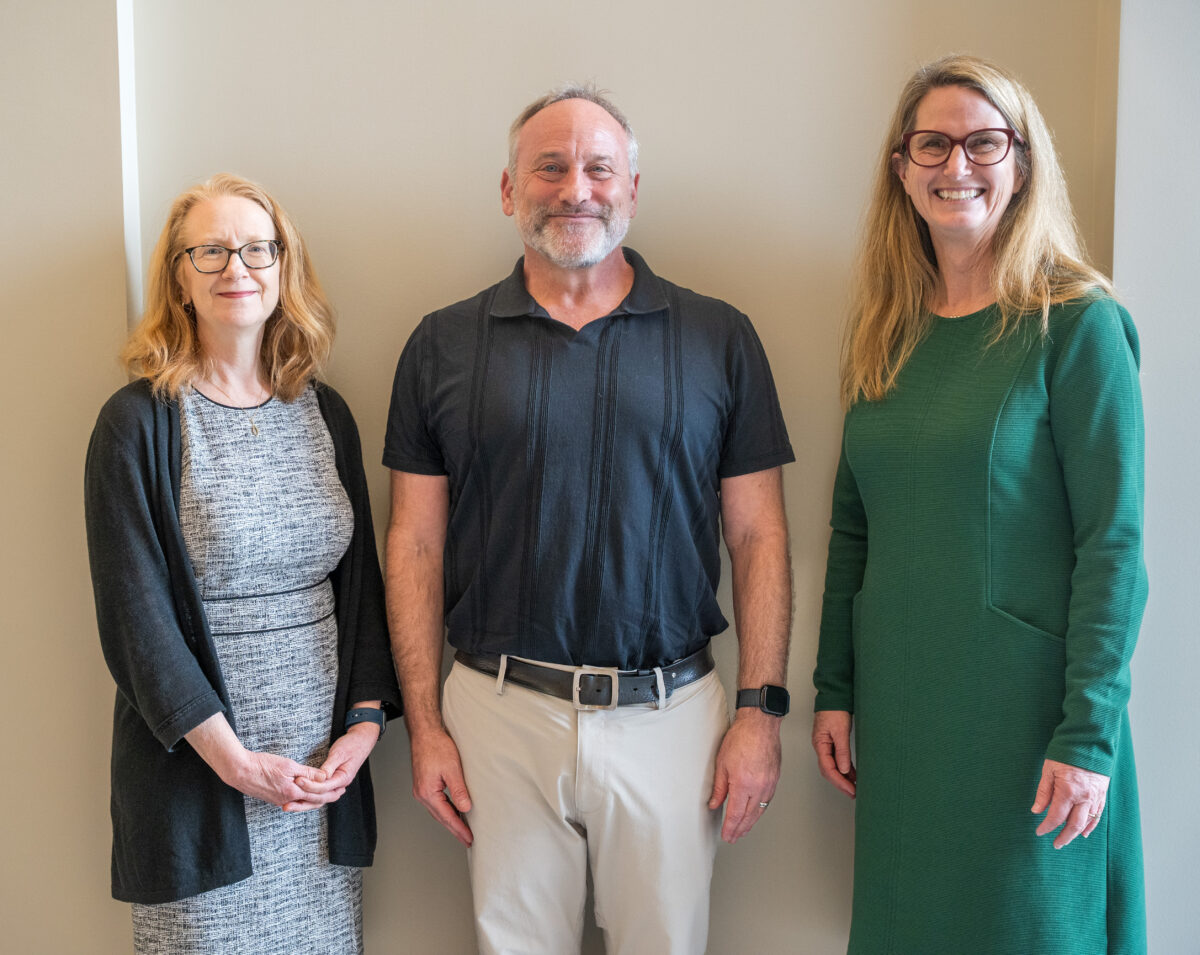
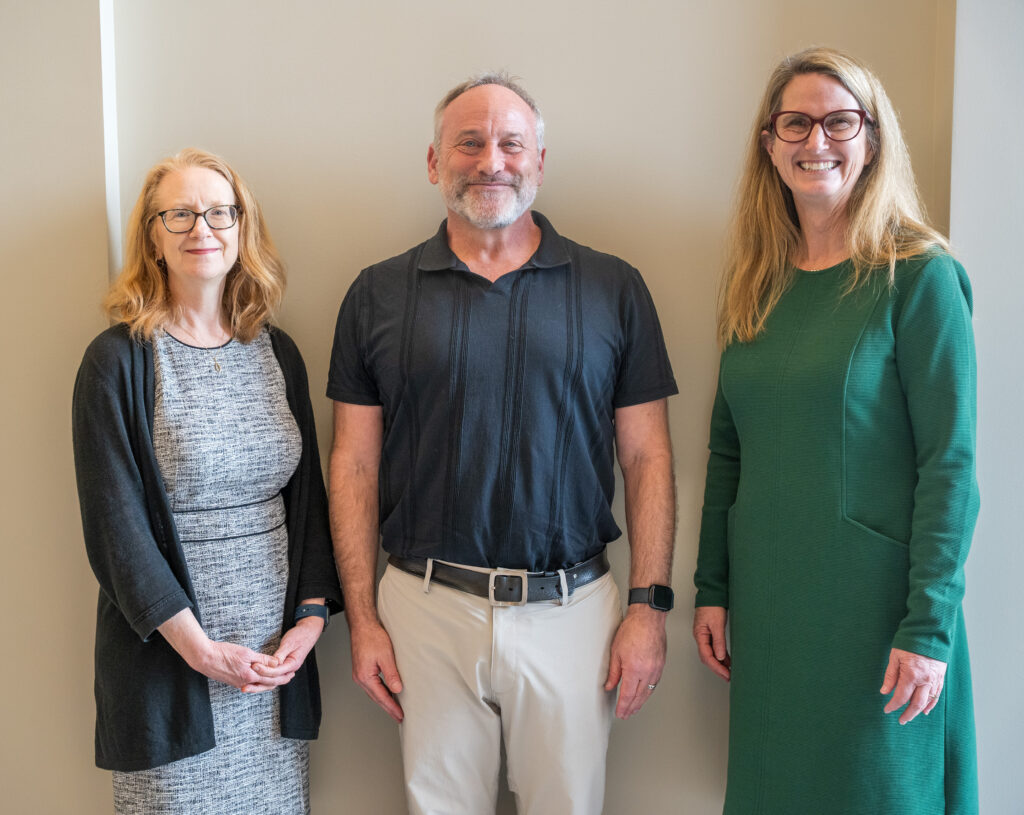
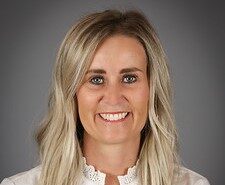
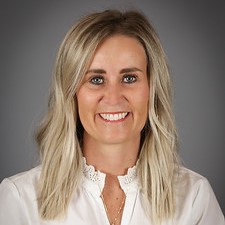 We are pleased to announce the promotion of Stacie Isbell to Grants Manager at the Owens Institute for Behavioral Research (OIBR).
We are pleased to announce the promotion of Stacie Isbell to Grants Manager at the Owens Institute for Behavioral Research (OIBR).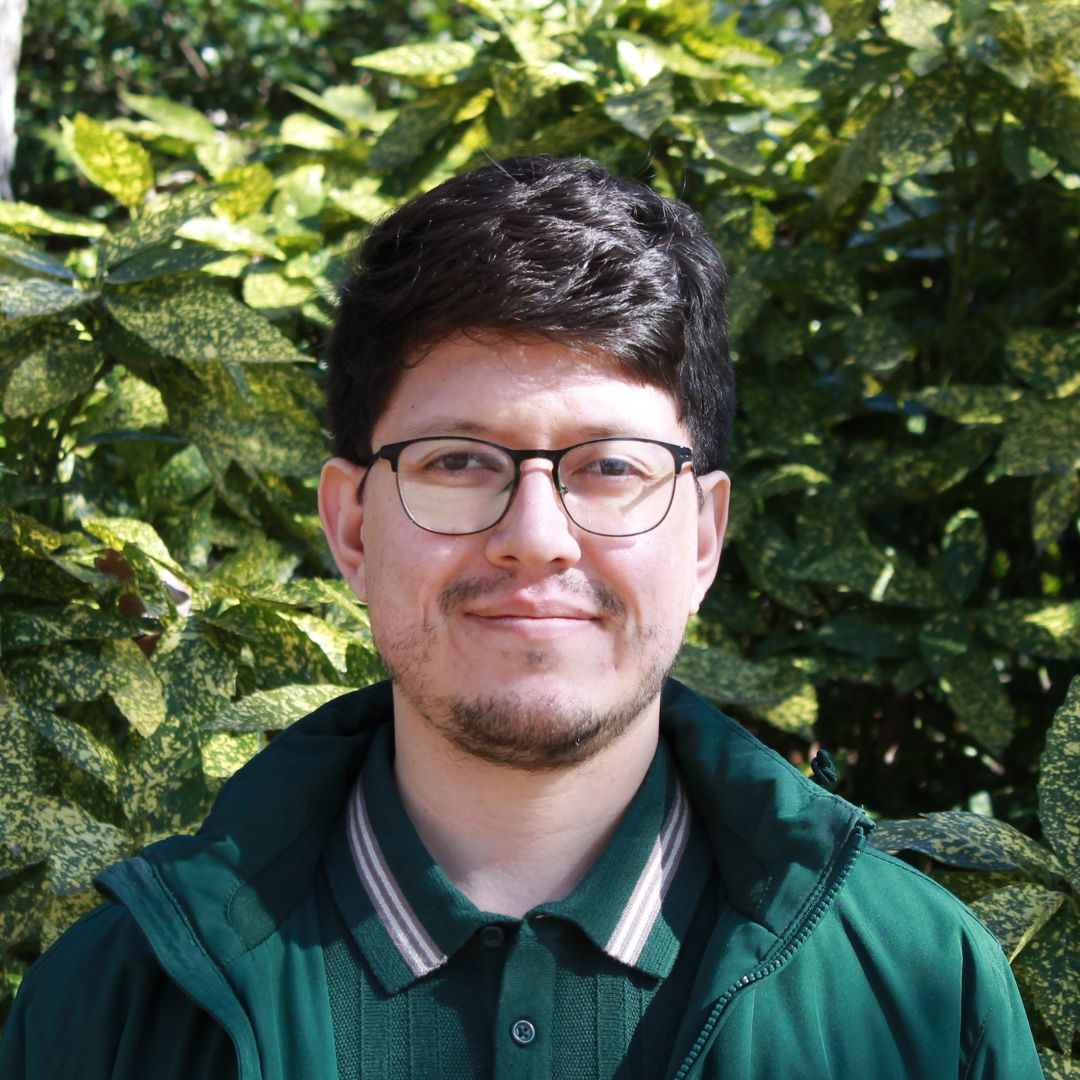
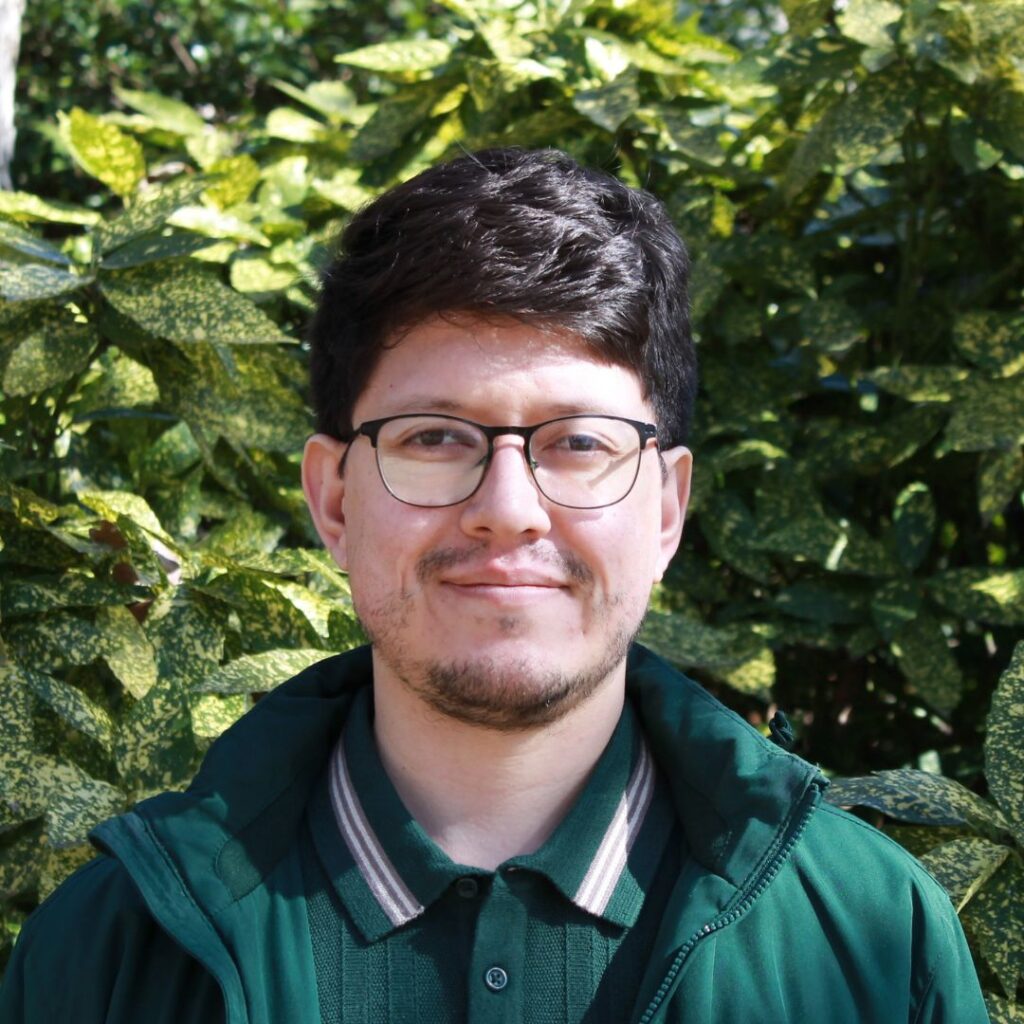 We are excited to welcome Rodrigo Medina as the newest member of the Owens Institute for Behavioral Research (OIBR) team! Rodrigo joined OIBR in January 2025 as a Senior Accountant, bringing experience in business and finance.
We are excited to welcome Rodrigo Medina as the newest member of the Owens Institute for Behavioral Research (OIBR) team! Rodrigo joined OIBR in January 2025 as a Senior Accountant, bringing experience in business and finance.